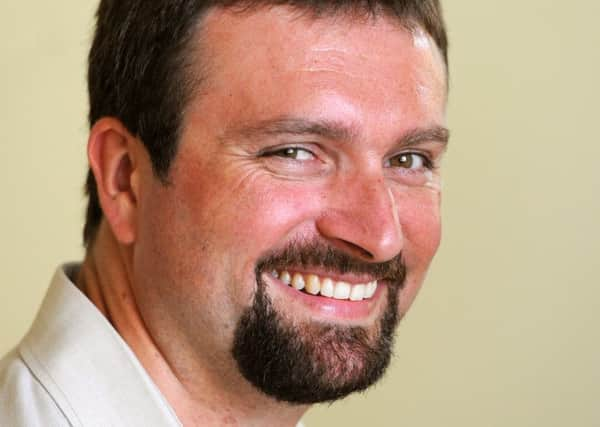Naming and shaming the nuisance spammers


This week I was listening to Start the Week on BBC Radio 4 and it was all about shame (http://www.bbc.co.uk/programmes/b055fkb8). Both the act of shaming as a form of punishment and feeling shame, leading to changes in behaviour and (hopefully) redemption. Social media featured prominently in the programme as the new forum for publicly shaming people and businesses.
The next thing I know, a friend of mine messaged me about a spam email he had received from a UK business. He chose to go public with the email, in order to prevent others from being conned by the business. He had good reason to do so, as the email suggested certain things that could not possibly be true. You might say they were too good to be true. He also reported the business in question to the various organisations that have a chance of doing anything.
Advertisement
Hide AdAdvertisement
Hide AdAnyway, going public like that on social media does two things. 1) It serves as a warning for the public. It holds the offender up to the light of day and says, “See this person here? Stay away from them. They are bad!” 2) It uses shame to try to enact change in the offender.
I hear you saying, “But businesses cannot feel shame!” No, but the people running them can. They may also panic if they feel their corporate image is tarnished, which will ultimately impact on their sales figures, customer loyalty and so on.
Before we all start holding wrong doers to account on the internet and beyond, a word of caution. The internet can be impersonal and things can and do go viral. We used to call that getting out of hand. Serendipitously someone shared a video just now (yes, while I was writing this column) titled “The Price of Shame.” It is a TED talk by Monica Lewinsky and it highlights the darker side of public shaming. Monica was publicly shamed on a massive scale and is likely the first person that has suffered such public shaming via the internet. You can view the video here https://www.youtube.com/watch?v=H_8y0WLm78U
So should we hold ne’er do wells to account or not? I believe we should use our own judgement on a case by case basis. If it serves the public interest and helps to protect them? That will certainly sway my judgement. How about yours?
Advertisement
Hide AdAdvertisement
Hide AdIf we are talking about spammers, there are a few things you can do as well as going public with the information. A good start would be to report them to the ICO (Information Commissioner’s Office) at https://ico.org.uk/ How about reporting them to SpamCop too at https://www.spamcop.net/ That will get the offenders blacklisted, thus making it more difficult for them to send unsolicited emails. Finally, you can report them to the ASA (Advertising Standards Authority) as well at http://www.asa.org.uk/
I truly believe that spam belongs in a can and have started using the hashtag #SpamBelongsInACan If you have an example of a spam email and wish to share it online, I suggest you use that hashtag too. It would be a shame not to.